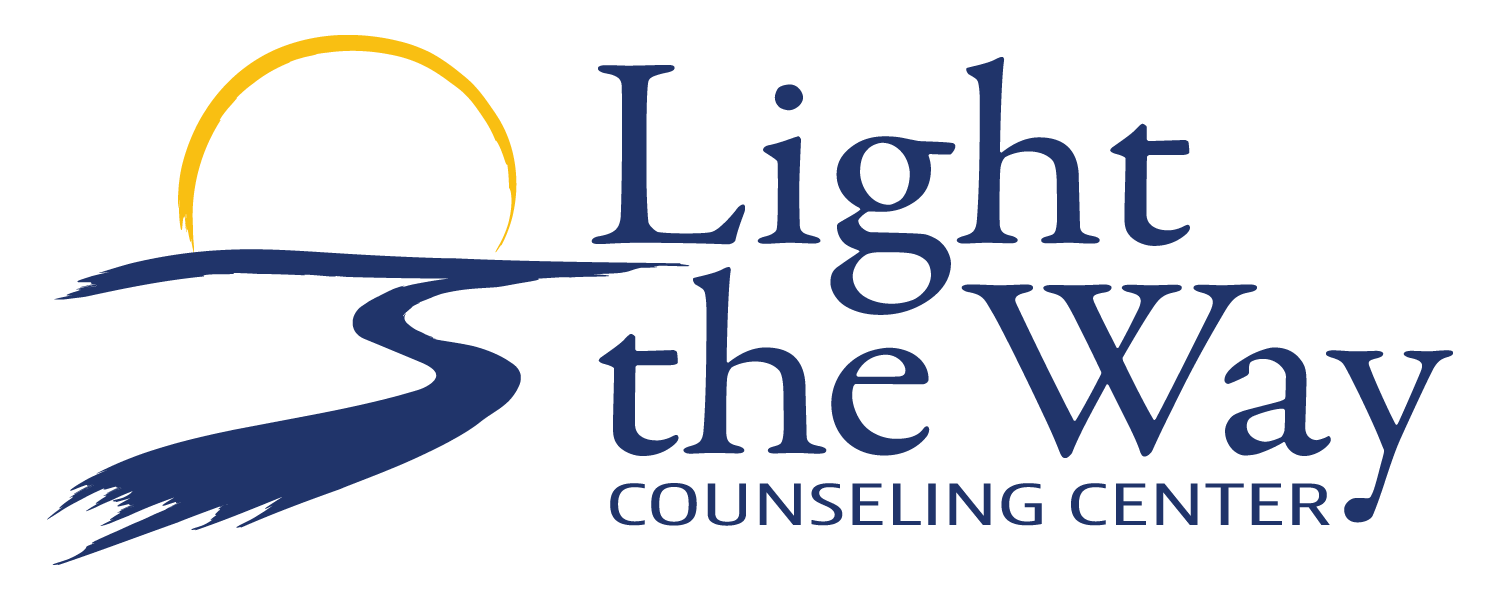Loneliness: Let’s Talk About This Epidemic
Have you noticed?
Loneliness has been slowly boiling. Now it is one of the biggest health issues. Many of us feel
painfully alone in a world more connected than ever, through texts, Zoom calls, and endless
scrolling.
Our schedules are packed, but our hearts are empty. Technology has made life faster, but not
closer or easier. Some platforms now offer AI companions or therapy bots—automated
“connections” that mimic relationships but fall short where it matters most. We can not mimic
human relationships through technology.
Loneliness isn’t being alone. We can feel lonely amongst people. Loneliness is feeling empty
and disconnected from others. A lack of deeper connections leads to a sense of loneliness.
At Light the Way, we deeply believe that we are created for authentic connection, eye contact,
laughter and tears, hard conversations that lead to healing, touch, presence, and community.
Yes, I know, relationships are messy. It seems so much easier to keep a distance.
But it’s in relationships that we learn to listen, grow, and compromise. In relationships, we can
be deeply known and understood, which is one of our most significant needs.
Relationships break barriers and erase stigmas. They are also where we learn about ourselves
and become better humans.
A major shift happened in 2020. We were told to stay away from one another for safety’s sake.
It took a toll on us emotionally, mentally, and spiritually.
We have lost shared routines, spiritual gatherings, coffee shop conversations, and checking in
on one another. We’ve lost the place where “everyone knows your name.” Oh, how we yearn
for that.
Many of us forgot how to be together.
We got used to the distance. In some cases, it made us more self-protective, and in others,
more self-centered. Now, the smallest acts of kindness or vulnerability can feel unfamiliar—or
even risky.
But the truth is, we’re still wired for connection. We still long to be noticed, welcomed, and
valued. We long to be known.
Loneliness doesn’t just feel bad. It is bad.
Research shows that chronic loneliness can:
Increase symptoms of anxiety and depression
Disrupt sleep and weaken immunity
Raise the risk of heart disease
There is hope. We can learn to connect again.
It doesn’t start with big gestures—it starts with noticing who’s around you, and being brave
enough to take one small step toward them. Remember what Benjamin Mee said in “We
Bought a Zoo”—sometimes we only need 20 seconds of courage. That’s all it takes to make eye
contact, say hello, or start a conversation.
In Part 2, we’ll talk about more ways to connect. For now, muster up those 20 seconds of
courage.
If you want to take steps now and need help, call us at 201-444-8103 ext. #1 to speak with a
counselor who understands loneliness and can help you.
You don’t have to stay isolated. Let’s walk forward together.


